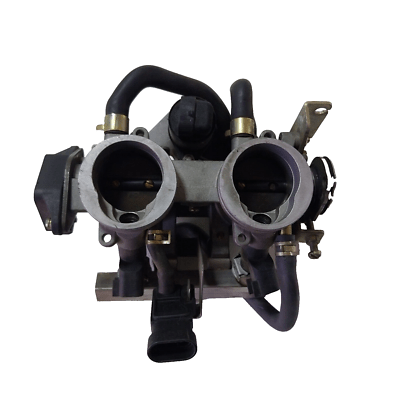Exploring the Toyota Production System (TPS)

Introduction to TPS
The Toyota Production System (TPS) is a production methodology that revolutionised manufacturing and is now recognised globally. Developed in the 1940s and 1950s by the Japanese automotive manufacturer Toyota, TPS focuses on efficiency, waste reduction, and continuous improvement. The relevance of TPS in today’s fast-paced industrial environment cannot be overstated, as many companies strive to implement lean manufacturing principles to remain competitive.
Core Principles of TPS
The TPS is built on two main pillars: ‘Just-in-Time’ (JIT) and ‘Jidoka’, which translates to autonomy, or the ability to stop and fix problems as they arise. JIT aims to reduce inventory and increase efficiency by producing only what is needed, when it is needed. This approach not only minimises waste but also enhances product quality by reducing overproduction and ensuring that only the necessary resources are utilised.
On the other hand, Jidoka empowers workers and machines to identify and address issues immediately, preventing flawed products from continuing down the production line. This proactive approach encourages a culture of quality and accountability within the workforce.
Real-World Applications
Several companies outside the automobile industry have successfully adopted TPS principles to improve their operations. For instance, in the healthcare sector, hospitals have implemented lean practices to streamline patient care, reduce waiting times, and optimise resource management. In the retail sector, businesses are adjusting their supply chains for greater efficiency through methodologies derived from TPS.
Current Developments and Future Outlook
Recent trends show that more organisations are incorporating technology, such as Artificial Intelligence (AI) and the Internet of Things (IoT), into their manufacturing processes alongside TPS. These technologies further enhance efficiency, allowing for real-time data analysis and decision-making.
As industries continue to evolve, the principles of TPS remain integral to achieving operational excellence. Companies adopting TPS not only enhance productivity but also actively contribute to sustainability through reduced waste and resource consumption. The future of manufacturing will likely see a blend of TPS with advanced technology, leading to smarter and more efficient production systems.
Conclusion
In conclusion, the Toyota Production System is more than just a manufacturing method; it’s a philosophy that encourages continuous improvement and efficiency. As industries worldwide grapple with the challenges of modern logistics and production, TPS principles provide a pathway to achieving not just better manufacturing outcomes, but also enhanced overall organisational performance. Understanding and integrating TPS can prove vital for businesses aiming for long-term success in today’s competitive market landscape.
